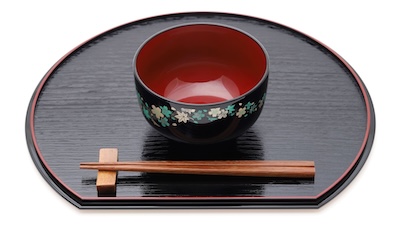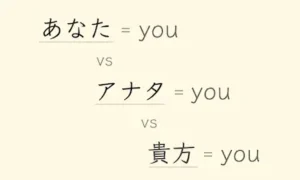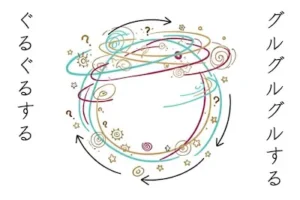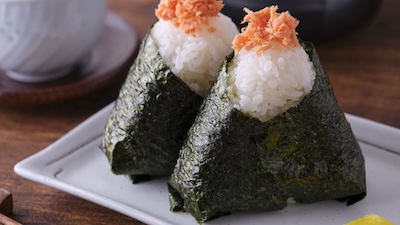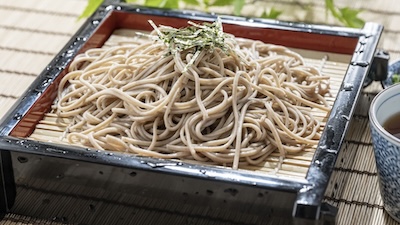
Gochisousama: Meaning and Proper Usage in Japanese Culture
The Meaning Behind “Gochisousama”
In Japan, people say “Gochisousama” after finishing a meal.
This phrase combines “gochisou” and “sama” to form a polite expression.
The word “gochisou” originally means a rich hospitality or a special meal.
So, “Gochisousama” expresses gratitude to the person who prepared the food and to the food itself.
While “Itadakimasu” shows thanks before eating, “Gochisousama” is said after finishing a meal.
It conveys respect and appreciation for the cook and everything involved with the food.
A Regional Variation: “Itadakimashita”
n some regions of Japan, instead of saying “Gochisousama,” people say “Itadakimashita.”
This is the past tense of “itadaku,” meaning “I have received the feast.”
Though the words “Gochisousama” and “Itadakimashita” are different, both express important gratitude for the meal.
Even with slight regional differences, the feeling of thanks to the food and the people who prepared it remains the same.
A Simple Way to Show Thanks
From these words, you can feel the depth and warmth of the Japanese language.
When you eat in Japan, please try saying “Gochisousama” after your meal.
It is an important phrase that expresses gratitude for the food.
The phrase “Itadakimasu”, said before a meal, is often paired with “Gochisousama”.
It’s deeply rooted in Japanese food culture, so be sure to check it out as well!
→ What Does Itadakimasu Mean?
Japanese of the Day / 今日の日本語
- Word:気持ち (きもち / kimochi) – feeling; emotion
- Meaning:Kimochi refers to a feeling, emotion, or mood.
It can describe how someone feels physically, emotionally, or mentally. - Example:おいしいご飯を食べて、うれしい気持ちになりました。(Oishii gohan o tabete, ureshii kimochi ni narimashita.)
(Eating delicious food made me feel happy.) - Fun Fact:In Japanese, expressing your kimochi politely is very important, such as saying gochisōsama to show gratitude after a meal.
◆ Would you like to practice speaking Japanese? ◆
In my lessons, you can use Japanese a lot and learn to speak naturally with me.
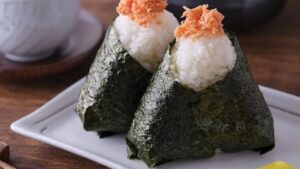
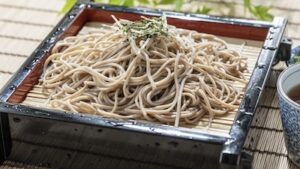
「ごちそうさま」の意味と背景
日本では、食事のあとに「ごちそうさま」と言います。この言葉は、「ごちそう」と「さま」を組み合わせた丁寧な表現です。
「ごちそう」とは、もともと「豊かなもてなし」や「特別な食事」という意味があります。つまり、「ごちそうさま」は、食事を提供してくれた人や、食べ物そのものに対する感謝を表す言葉です。
「いただきます」が食事を始める前の感謝の気持ちを表すのに対して、「ごちそうさま」は食事を終えた後の感謝を伝える言葉です。食事を作ってくれた人や、食べ物に関わるすべてのものへの敬意と感謝の気持ちが込められています。
方言での表現:「いただきました」
日本のある地域では、「ごちそうさま」の代わりに「いただきました」と言うことがあります。
これは「いただく」の過去形で、「ごちそうをいただきました」という意味が込められています。
「ごちそうさま」や「いただきました」と言葉は違いますが、それも食事に感謝する大切な表現です。
地域ごとに言い方が少し違っても、食べ物や作ってくれた人への感謝の気持ちは同じです。
感謝の気持ちを伝える日本語
こうした言葉から、日本語の奥深さと温かさを感じられます。
日本で食事をするときは、ぜひ食事のあとに「ごちそうさま」と伝えてみてください。
食事のありがたさを感じる大切な言葉です。
「ごちそうさま」とセットで使われるのが、食事の前のあいさつ「いただきます」です。
日本人の食文化に深く根づいたこの言葉についても、ぜひチェックしてみてください。
→「いただきます」の意味とは?


